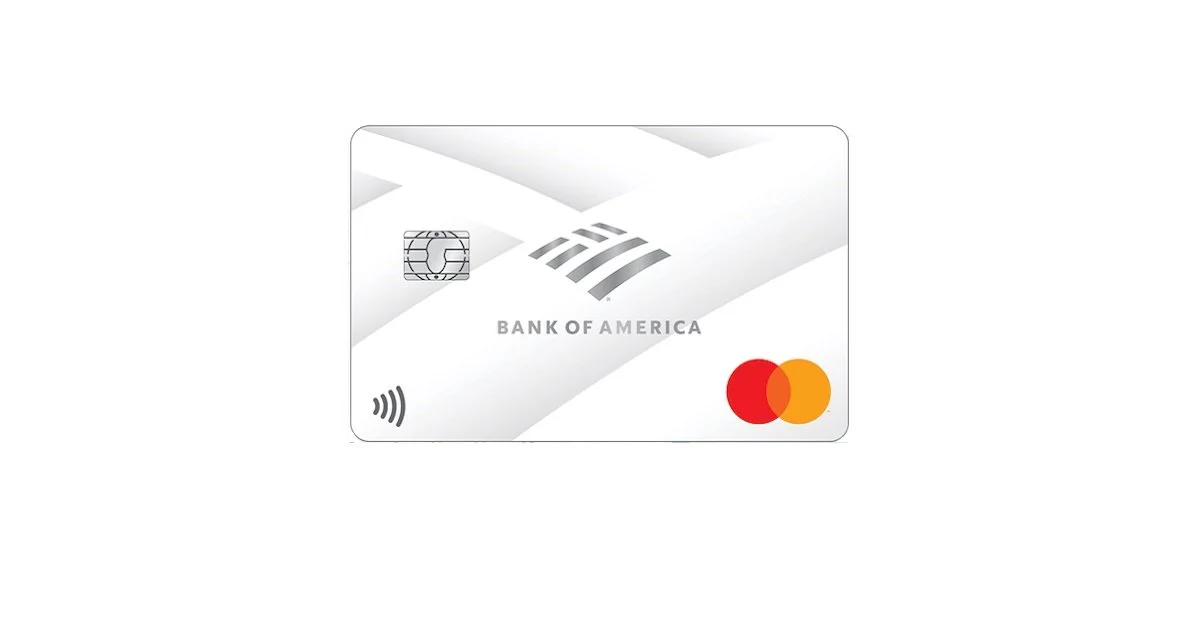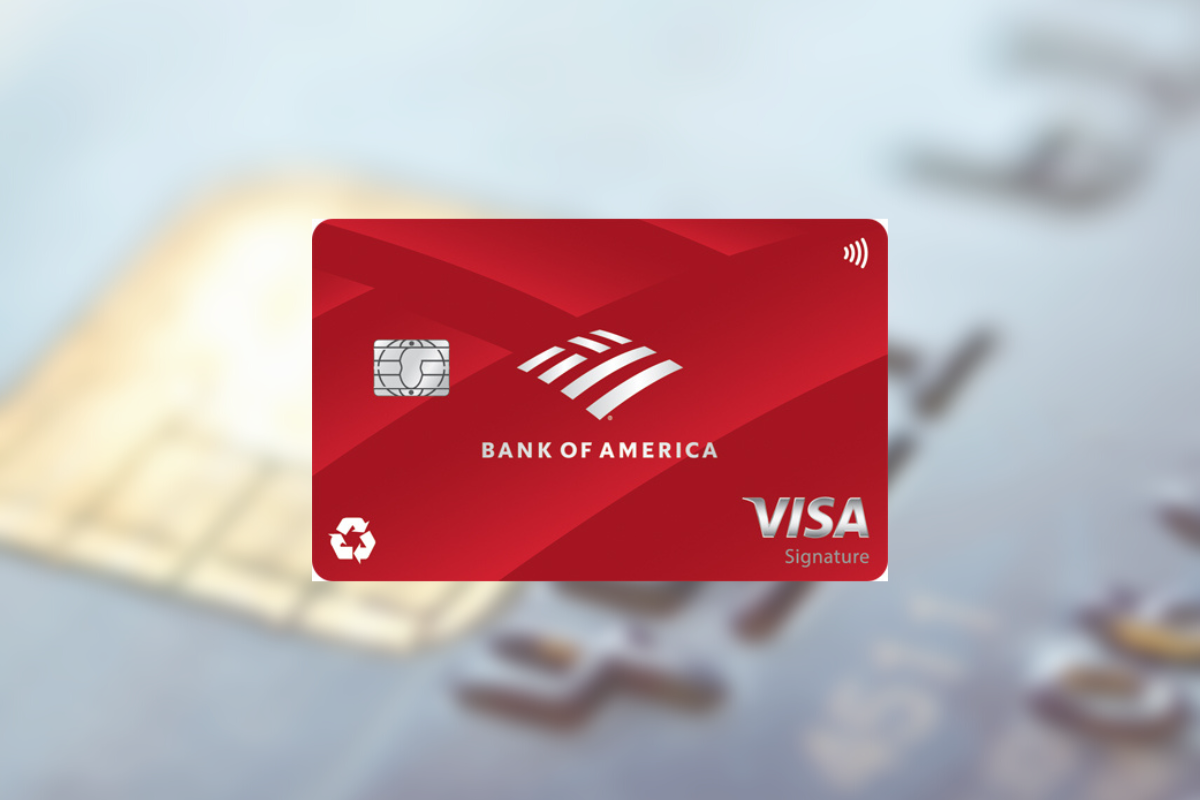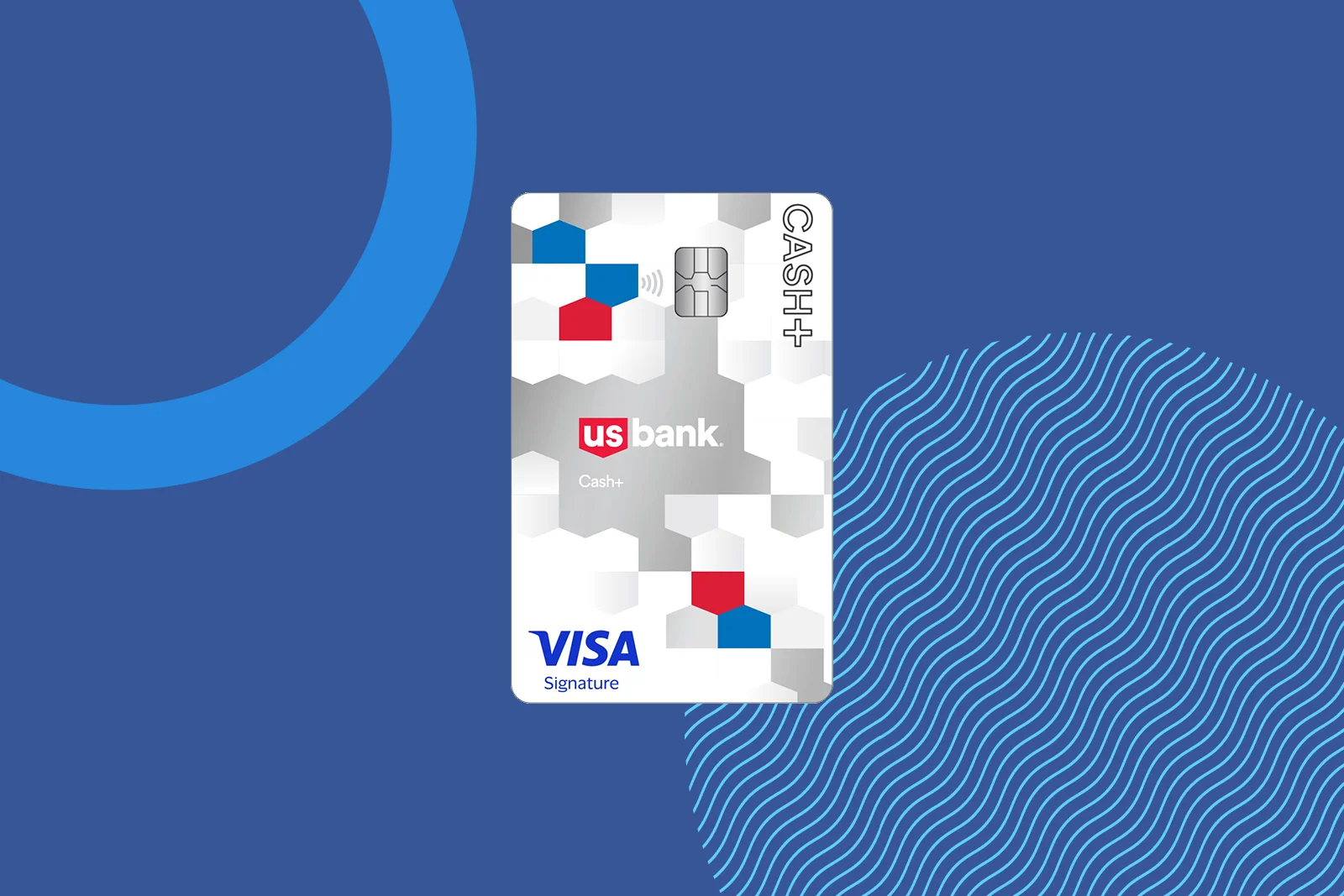How to Build a Good Credit History Using Credit Cards

The Importance of Building a Good Credit History
Establishing a good credit history is a fundamental aspect of achieving financial stability and can unlock numerous opportunities in life. A solid credit profile not only helps you secure loans at favorable interest rates but also plays a crucial role when applying for rental properties or even job opportunities. Thus, understanding how to build and maintain good credit is essential for anyone looking to enhance their financial future.
Timely Payments
One of the most critical factors in maintaining a good credit score is by making timely payments. Payment history accounts for a substantial portion of your credit score, making it imperative to pay your credit card bills on time. For example, if your credit card payment due date is the 15th, set a reminder a few days in advance to avoid accidental late payments. Late payments can stay on your credit report for up to seven years and may significantly decrease your credit score, making it more challenging to obtain loans in the future.
Credit Utilization
Your credit utilization ratio, which is the amount of credit you’re using compared to your total available credit, should ideally be kept below 30%. For example, if your credit limit is $10,000, try to keep your balance under $3,000. High credit utilization can signal to lenders that you are overly reliant on credit, which may be a red flag when seeking new credit or loans. Keeping your utilization low shows that you can manage credit responsibly.
Diverse Credit Types
Having a diverse range of credit types can also positively impact your credit score. This means mixing installment loans (like car loans or student loans) with revolving credit (like credit cards). A blend of different credit accounts demonstrates to potential lenders that you are capable of handling various types of credit obligations, thus making you a more attractive candidate for loan approvals.
Regular Monitoring
Another key strategy is to conduct regular monitoring of your credit report. It’s a good practice to review your credit report from major agencies—Experian, TransUnion, and Equifax—at least once a year. This will help you spot any errors or discrepancies that may negatively impact your score. If you find inaccuracies, take steps to correct them quickly; agencies typically have procedures for disputing errors. A cleaner credit report equates to a healthier credit score.
Limit New Accounts
Finally, when it comes to opening new accounts, it’s important to limit new account openings in a short time frame. Each time you apply for credit, a hard inquiry is made on your report, which can temporarily lower your score. If you suddenly open multiple new accounts within a short period, it may raise concerns among lenders about your financial stability, leading them to question your creditworthiness.
By grasping these essential strategies and applying them as a part of your financial habits, you can build a robust credit history over time. A strong credit profile not only increases your credit score but also paves the way for better financial opportunities, ensuring a brighter economic future.
DISCOVER MORE: Click here to learn how to apply
Establishing Good Habits for a Strong Credit Profile
Building a good credit history using credit cards involves more than just making payments. It’s about creating healthy financial habits that you can maintain over time. Let’s explore some key practices to ensure a strong credit foundation.
Choose the Right Credit Card
The first step in establishing a good credit history is to choose the right credit card. Not all credit cards are created equal, and selecting one that fits your financial situation is crucial. Look for cards with no annual fee, as they tend to have fewer requirements and can be beneficial for beginners. Additionally, consider cards that offer rewards or cash back, as these perks can help you maximize the benefits of your spending. For instance, if you frequently grocery shop, a card that offers 2% cash back on grocery purchases can save you money while building your credit history.
Keep Old Accounts Open
Another important aspect to building a solid credit history is to keep old accounts open. The length of your credit history accounts for a portion of your credit score. The longer your accounts have been open without missed payments, the better it reflects on your credit report. Even if you no longer use a credit card, consider keeping it open and using it for small purchases occasionally. This strategy helps maintain your credit utilization ratio low while lengthening the average age of your credit accounts.
Set a Budget and Stick to It
Developing a budget is essential for effective credit management. By setting a budget, you can control your spending and ensure you only use what you can afford to pay off each month. Use your credit card for planned expenses rather than impulsive purchases. For example, if you know you’ll spend $200 on groceries each month, use your credit card to make the purchase while ensuring you have the funds to pay it off in full. This approach not only helps maintain a healthy credit utilization ratio but also reinforces responsible credit behavior.
Create Auto-Pay for Minimum Payments
To ensure that you never miss a payment, consider setting up auto-pay for at least the minimum payment on your credit card. This small commitment helps avoid late payments, further safeguarding your credit score. While it’s always best to pay off the balance in full, automatic payments ensure that you meet your minimum obligation without additional stress. However, remember to record or note the auto-payment to manage your finances continuously.
Monitor Your Credit Card Usage
Monitoring your credit card usage is a proactive step that can lead you to financial wellness. Many credit card companies offer mobile apps that allow you to track your spending in real-time. Use these tools to stay within your budget and watch your credit utilization ratio. If you find that you are nearing your credit limit, take steps to reduce spending or pay off part of the balance before the due date. This vigilance can prevent potential debt and help you build a constructive credit history.
By implementing these strategies, you can cultivate good habits that contribute to your overall credit history. Remember, building a good credit profile takes time and dedication, but each positive action you take lays the groundwork for a brighter financial future.
DON’T MISS OUT: Click here to learn how to apply
Tips for Effectively Managing Your Credit Card
Once you have established good habits to build your credit history, the next step is to effectively manage your credit card use. Managing your credit wisely will not only help maintain a strong credit score but also provide you with invaluable financial skills for the future. Here are some additional strategies to consider.
Paying More Than the Minimum
While setting up auto-pay for the minimum payment is a smart strategy, paying more than the minimum can significantly benefit your credit health. If you are only meeting the minimum requirement, the remaining balance will accrue interest, leading to higher debt levels over time. For instance, if your credit card has a minimum payment of $50, consider paying $100 instead. This not only reduces your outstanding balance more quickly but also lowers your credit utilization ratio—an essential factor in determining your credit score.
Avoiding New Hard Inquiries
When you apply for a new credit card, a hard inquiry is made on your credit report, which can temporarily lower your score. To protect your credit health, it’s advisable to limit the number of new credit applications in a short time frame. Instead of applying for multiple cards to benefit from promotional offers, focus on one that fits your needs. If you need to improve your credit mix or utilize virtually all available rewards, research specific cards with low impact on your score and consider applying only when necessary.
Utilizing Alerts and Notifications
Many credit card companies offer alerts for various account activities, including payment due dates, spending limits, and balance updates. By setting up alerts and notifications, you can stay informed about your credit card usage. For example, you can receive a notification when your balance reaches a certain threshold, ensuring that you remain within your budget. Such tools can also help you avoid overspending, improving your overall financial discipline and creditworthiness.
Utilizing Multiple Cards Wisely
If you have more than one credit card, utilizing them wisely can help lower your credit utilization ratio. It’s essential to not let your spending habits balloon, but instead, spread out your purchases across your cards. For example, if the total limit across your three cards is $10,000, aim to keep your total spending below 30% of that limit to maintain a favorable credit utilization ratio. This means keeping your combined balances under $3,000 to positively impact your credit score.
Reviewing Your Credit Report Regularly
Keeping tabs on your credit report is crucial to ensure the accuracy of the information it contains. You are entitled to one free credit report per year from each of the three major reporting agencies—Equifax, Experian, and TransUnion. By reviewing your credit report regularly, you can catch errors, identify potential fraud, and understand how your credit card usage impacts your credit score. If you notice discrepancies or suspicious activity, promptly gather documentation and contact the credit issuer to rectify any issues.
Implementing these management techniques will lead to a more secure credit environment, supporting your goal of building a robust credit history. The path to a stellar credit score is paved with calculated decisions and responsible card usage—consistency will yield long-term rewards that extend beyond credit health.
DISCOVER MORE: Click here to learn how to apply effortlessly
Conclusion
Building a good credit history using credit cards is not only achievable but can also set you on a path toward favorable financial opportunities. Throughout this article, we have explored several key strategies that can help you effectively manage your credit card usage and optimize your credit score. By paying more than the minimum, you can reduce your overall debt faster and improve your credit utilization ratio. Additionally, being mindful of new hard inquiries guards your credit score against unnecessary penalties, while using alerts and notifications helps keep spending in check.
Utilizing multiple credit cards wisely, without letting your spending spiral out of control, can also enhance your credit profile. Remember that maintaining a low credit utilization ratio—generally below 30%—is an important factor in attracting good scores. Regularly reviewing your credit report allows you to catch errors and monitor your financial standing effectively. By making informed decisions and adopting disciplined habits, you can cultivate a positive credit history that benefits you in the long term.
In summary, your credit journey is a marathon, not a sprint. The disciplined usage of credit cards, accompanied by consistent monitoring and proactive management, will yield rich rewards over time, such as lower interest rates on loans, higher credit limits, and enhanced financial flexibility. Start today, and nurture your financial health for a more secure tomorrow.


